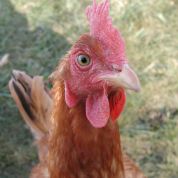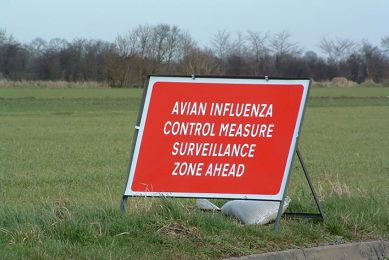New handbook helps Latin America and the Caribbean prevent bird flu

In order to help prevent a possible outbreak of avian flu in Latin America and the Caribbea, and to enhance public awareness of the disease, the FAO has published a new handbook targeted to the region’s small-scale poultry farmers.
The richly illustrated publication, entitled Guide to the prevention and control of avian flu in small-scale poultry farming in Latin America and the Caribbean (GuÃa para la prevención y el control de la gripe aviar en la avicultura de pequeña escala en América Latina y el Caribe) stresses the measures needed to ensure on-farm biosecurity and prevent contact between domestic poultry and potentially infected wild birds.
“This information is specifically designed to meet the needs of small-scale and farmyard poultry production units. The handbook stresses simple and affordable methods to prevent and control the disease,” said Joseph Domenech, head of FAO’s Veterinary Services.
“It is very important for poultry farmers to be acquainted with the characteristics of this disease so that they can recognize it in the event of an outbreak, and immediately report it to the authorities. Prevention is the most effective weapon to forestall more serious damage and keep Latin America free of this fatal disease,” he added.
FAO’s handbook is intended for widespread distribution and has been made available free-of-charge on the UN agency’s website. It will also be circulated among the staff of local veterinary services and livestock technicians working with small-scale producers in Latin America and the Caribbean.
The book grew out of a similar publication aimed at small-holders in Southeast Asia, a region where there was a massive outbreak of the deadly H5N1 virus in 2003/4 and from where it subsequently spread to Europe, the Near East and Africa.
Join 31,000+ subscribers
Subscribe to our newsletter to stay updated about all the need-to-know content in the poultry sector, three times a week. Beheer
Beheer








 WP Admin
WP Admin  Bewerk bericht
Bewerk bericht